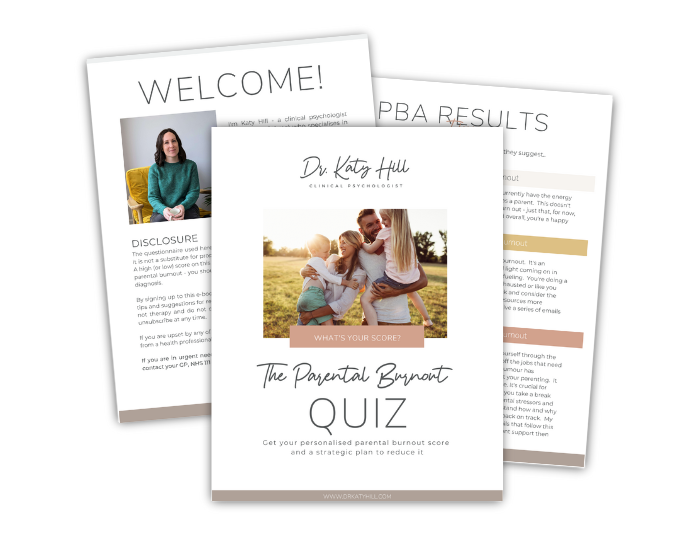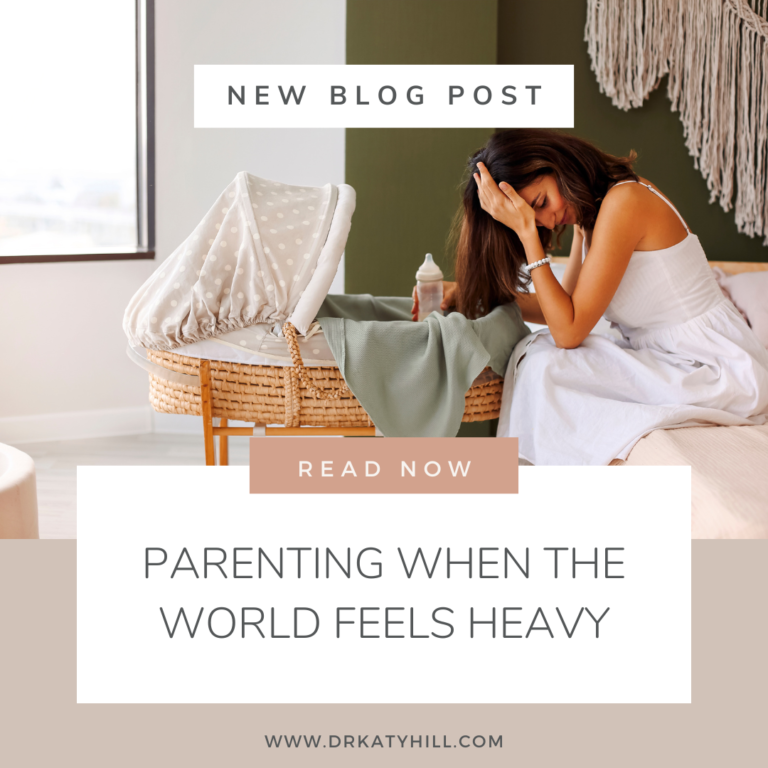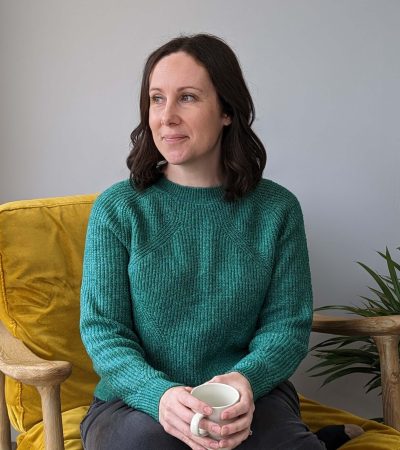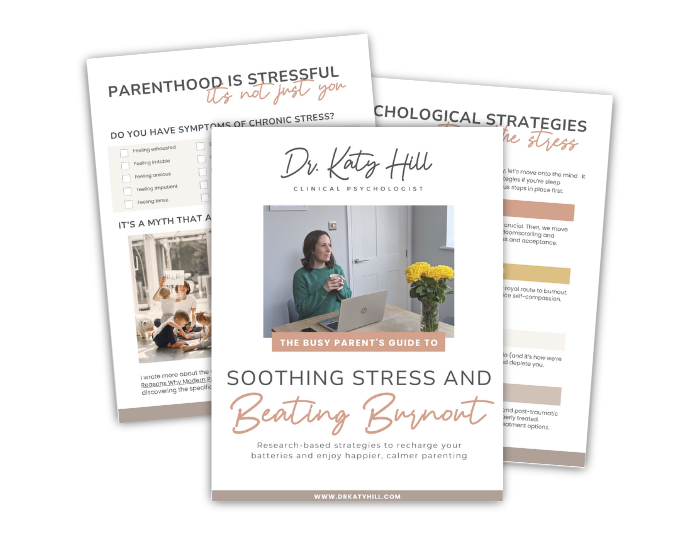Sometimes, the world just feels unbearably heavy. Last week I wrote about how to parent during the darker months of winter but this week has felt like the darkest of all. The news this week that a racist, misogynistic convicted felon has not only been allowed to run as a candidate for the American presidency but won convincingly (and will now pardon himself and likely remove freedoms for many Americans) is a punch to the gut.
As parents who value equality, justice and compassion, it’s painful to see values we try to instil in our children being disregarded by those in power. It’s hard not to feel completely shattered by the shock of it; with rushes of fear, sadness and frustration.
And yet, for us parents, life doesn’t stop. The daily demands of parenting, work and relationships keep coming. Lunchboxes still need packing, bedtime stories still need to be read and our children still need us to co-regulate with them when we may be feeling anything but regulated ourselves.
If you’re struggling to balance the heaviness of these times with the needs of your family and your own well-being, please know you’re not alone. Here are some thoughts on getting through when everything feels like too much, and I hope they bring you some comfort.
let your feelings be there
Sometimes, there’s pressure to be ‘strong’ or ‘stay positive’ especially when caring for others. Parents often feel they should always be calm, regulated, and upbeat for their children, but remember – you’re a human, not a robot. And your feelings matter, too.
It’s ok to feel whatever comes up, whether that’s sadness, frustration, anger, fear, or hopelessness. Emotions are a natural response to what’s happening around us, highlighting what’s important to us. They’re not something to ignore or suppress (something that often just magnifies or complicates them or leads us to be more reactive).
Try laying a supportive hand on your chest and saying, “This is really hard. It makes sense that I would feel this way.” It’s also fine to let your kids see you experiencing real emotions. Being honest (in an age-appropriate, boundaried way) helps them understand what’s going on, without overwhelming them.
You might say something simple, like, “I’m feeling sad or disappointed today because the person elected in America doesn’t share our values of respect and care. I’ll be ok, and I’m always here for you.”
Counter-intuitively, when we allow our feelings to be there, as they are, we’re better able to regulate them. When you stop trying to suppress or control emotions, they’re less likely to stick around and less likely to have a stranglehold on our behaviour and make us act in ways we’ll regret later. It can help us be more present with our kids and less likely to snap at them when we’re not using up our precious energy reserves trying to suppress our own experience.
simplify your routine
When the world feels overwhelming, keeping up with everything can feel exhausting. And there is so much to get done when you have children. The cultural pressure to stay productive or ‘keep it all together’ or ‘make memories’ can add even more stress. In moments like these, allowing yourself to let go of non-essentials can create much-needed space to breathe.
It’s ok to streamline and focus on the basics. Dinner doesn’t need to be elaborate; easy meals are more than enough. If a task can wait, let it wait. If extra screen time for the kids buys you a few minutes of peace, that’s fine too. Simplifying doesn’t mean you’re failing or letting things fall apart; it’s about conserving energy for what matters most and giving yourself permission to take things one step at a time.
It’s ok to be in survival mode right now. Doing the basics is still showing up, still making an effort, and still doing enough.

The Parental Burnout Quiz
Curious what your own parental burnout score is? Download the free assessment and get your score – plus expert tips on how to reduce it.
protect your mental space
The news from America and all the opinions on what it means and could mean for the future can be quite overwhelming. The constant news updates and hot takes on social media can make it feel like there’s no escape from the heaviness and it can make our nervous systems feel like we’re under constant threat.
We were never meant to be exposed to this much information. Even a generation ago, we would have only had access to a quick update on the nightly news or the daily newspaper, not the bombardment of information we have now.
Stepping back from the information overload can be a vital form of self-care, to stop firing up your nervous system’s stress response continuously.
Some people worry that if they ignore the news they’ll become ignorant and uninformed or they feel guilty about having the privilege to ignore events that other people can’t. But I think about it as protecting your mental and emotional space so that you can process what’s happening at a pace and depth that feels manageable. Managing the inputs to your system help you regulate your emotions and behaviour and your ability to parent as you’d like. Your overwhelm serves no-one.
lean into supportive connections
In the west, we live in a super-individualistic culture (part of the reason why this man has been elevated to power again) but trying to carry challenges all on your own isn’t natural. Humans are wired for connection and for co-regulation; reaching out to others is essential when the world feels overwhelming.
Connecting with people who understand, whether it’s family, friends, or fellow parents, can lighten the load. Maybe you need to vent, laugh, cry, or just be reminded of the lighter side of life and these human connections make a difference. Even a quick chat at the school gates or a text with another parent who ‘gets it’ can provide perspective, bring some laughter, and remind you that you’re not alone in holding it all together for your kids while the world feels like a bin fire.
cultivate compassion for yourself and others
When times are tough, many of us feel an instinct to criticise ourselves – we tell ourselves we should “just get on with it” or “stop feeling sorry for myself” when “other people have it so much worse.” I see this often in my clients, who almost apologise for feeling stressed, as if they don’t have the right because others might be dealing with ‘bigger’ issues.
But your feelings are valid. Your stress is real, and it doesn’t need to ‘qualify’ for compassion. Life isn’t a competition for who has it hardest – it’s ok to feel what you feel without self-criticism. Being harsh with yourself only amplifies stress and makes it harder to cope.
Compassion is a powerful antidote, not just for ourselves but for others as well. We can extend understanding to those who voted differently or see the world through another lens. Often, their choices reflect fears, frustrations, and hopes for a better life. Recognising this doesn’t mean we agree with them, but it opens the door to empathy and understanding, which can be healing in itself.
what if you want to fight for change?
If you’re someone who naturally turns to action, these steps might feel frustrating. Slowing down, resting, and feeling your emotions can seem like giving in or even self-indulgent when what you truly want is to make a difference. I completely empathise with that drive to create change, that’s why I do the work that I do. But real, sustainable impact happens best when we’re fully present and recharged.
Give yourself the space to process the pain and frustration you’re experiencing. Rest, reconnect with the small, meaningful things in your life, and let those close to you offer support. When the time feels right, taking thoughtful, values-based steps can be a powerful way to channel the pain we’re feeling into something positive.
Supporting causes that protect the vulnerable and creating change within our own communities is essential, but it’s ok to first allow yourself to feel, recharge and regroup. It’s more than ok to focus on the wellbeing of your own family unit right now. When we act from a place of strength and clarity, the impact we make becomes all the more meaningful.
you're not alone
If this week feels extra heavy for you, please know that you’re not alone in feeling it. Parents everywhere are balancing this mix of world events and family demands. We’re showing up for our kids every day, even when it’s so hard we don’t want to get out of bed. Be extra gentle with yourself right now, take slow mindful steps, simplify what you need to get done right now and pull those you love and who love you closer.
Need Help Managing Stress?
If you’re looking for ways to manage stress and avoid burnout, check out my free resource, The Busy Parent’s Guide to Soothing Stress and Beating Burnout here. This eBook includes 12 evidence-based strategies to help you navigate parenting’s challenges with less stress and more balance.








